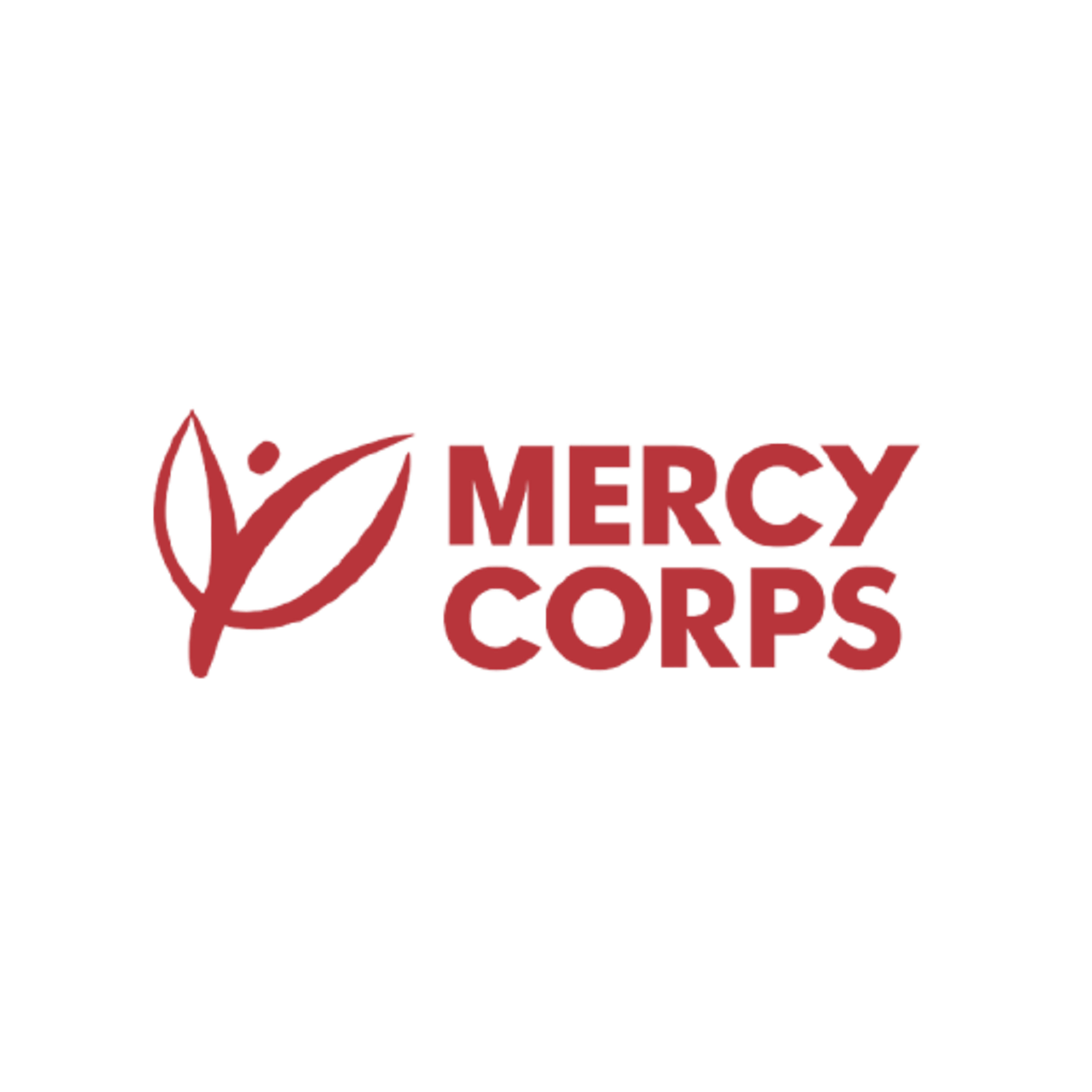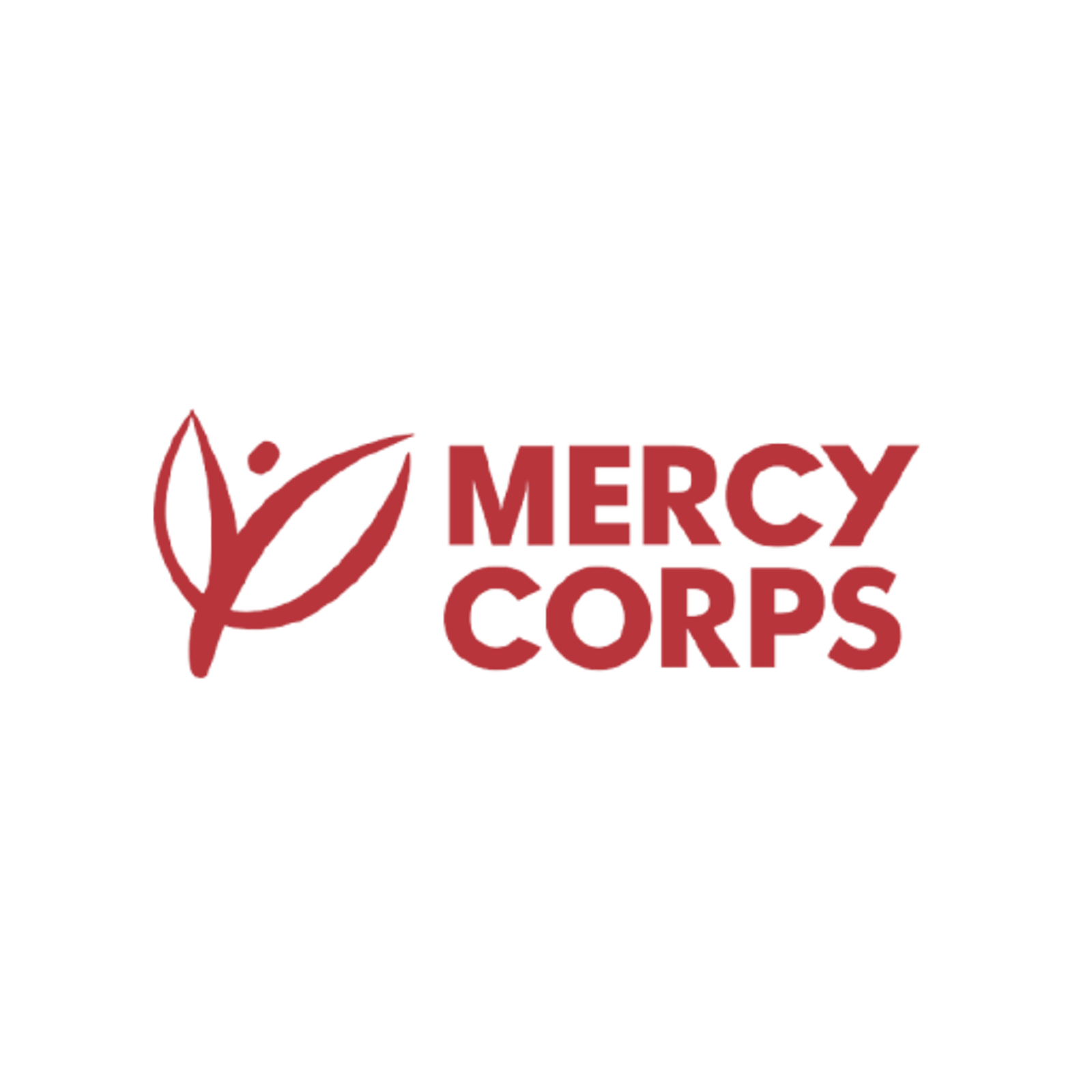Overview from Mercy Corps
In the attached report and its accompanying policy brief, we draw on evidence from past vaccine rollouts and lessons-learned from Mercy Corps programming during COVID-19 to document and analyze the ways in which mistrust of vaccines and vaccine providers poses significant barriers to vaccine uptake, especially in fragile and conflict-affected settings. To overcome vaccine hesitancy, we emphasize the need to close gaps in government accountability and we call for deep, inclusive, and sustained local community engagement to generate trust. We argue that this will be critical to preventing future disease spread and addressing the second-order impacts of the pandemic on inequality and insecurity.
We also offer a set of targeted recommendations to the Biden-Harris administration and the U.S. Congress, including:
- Fund local civil society organizations and locally-trusted INGOs to conduct comprehensive community engagement before and during vaccination programs;
- Fund and support the ACT-accelerator;
- Rely on evidence-based approaches to improve effectiveness of vaccine rollouts;
- Increase investments in humanitarian assistance as well as long-term economic recovery, conflict prevention, and peacebuilding;
- Coordinate with multilateral institutions and ministries of health to ensure equitable and efficient vaccine distribution and uptake.

